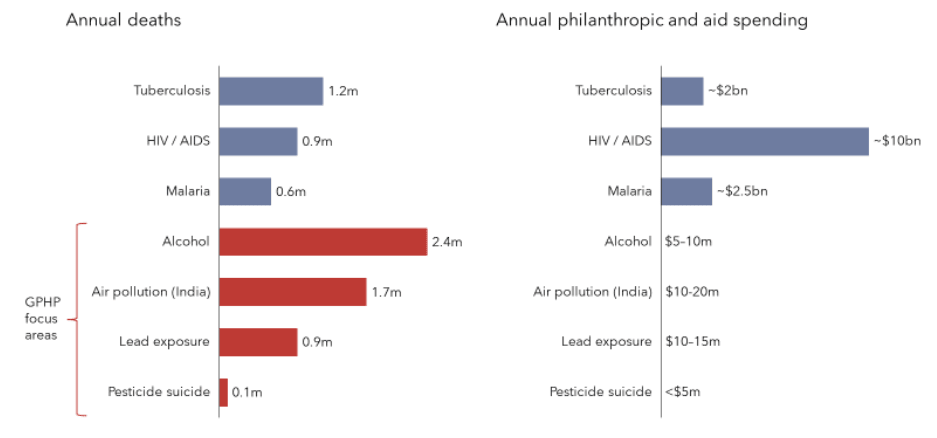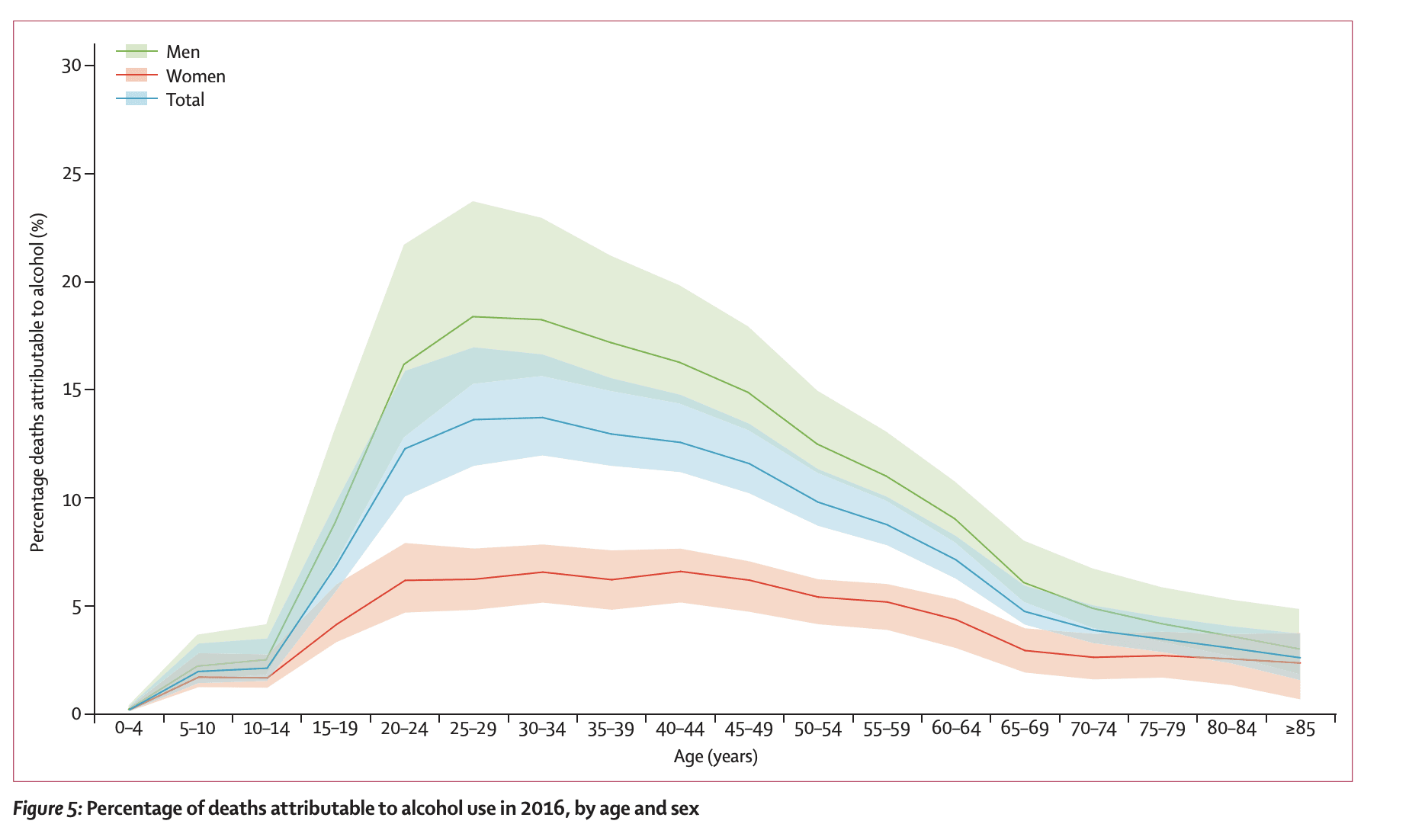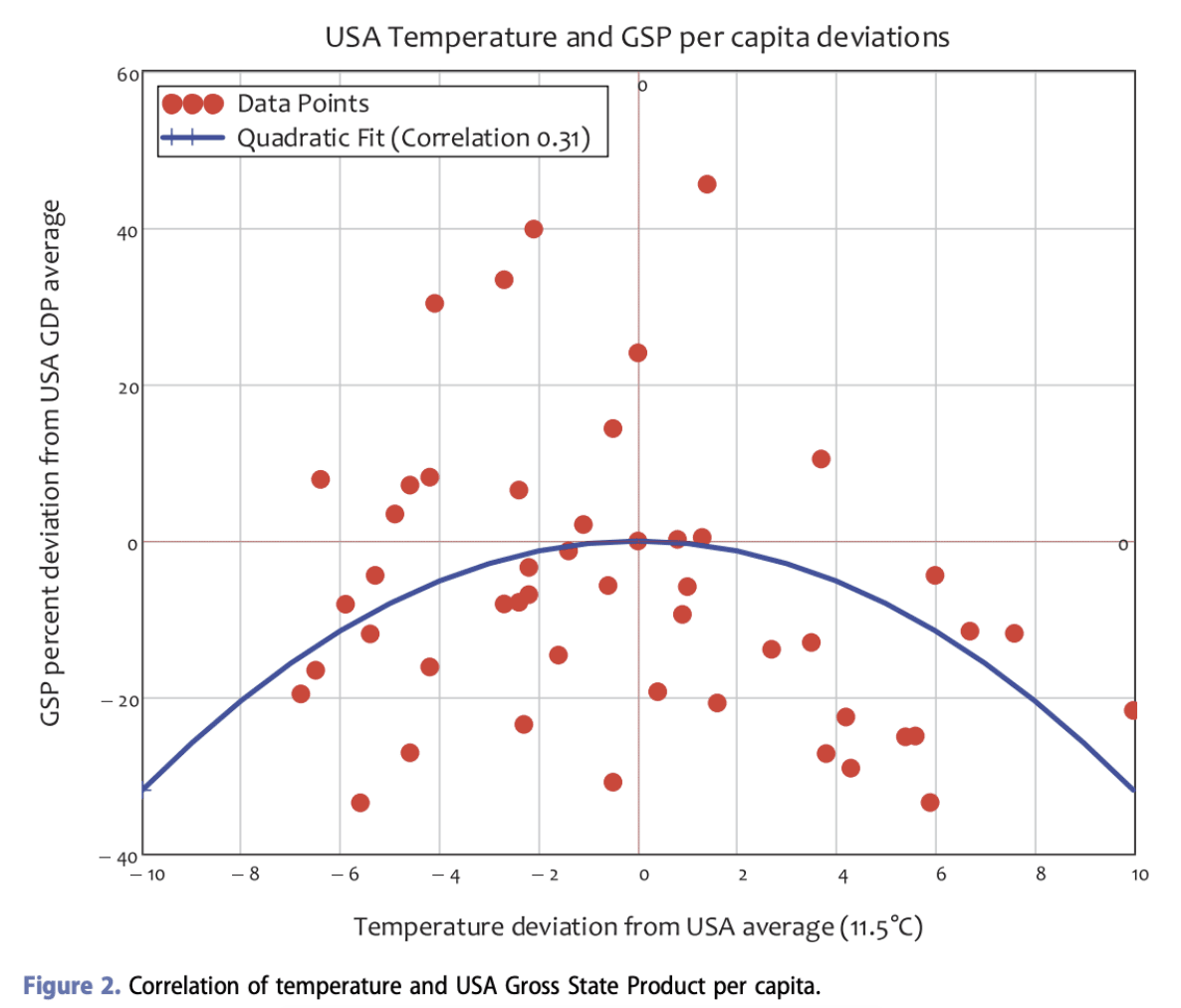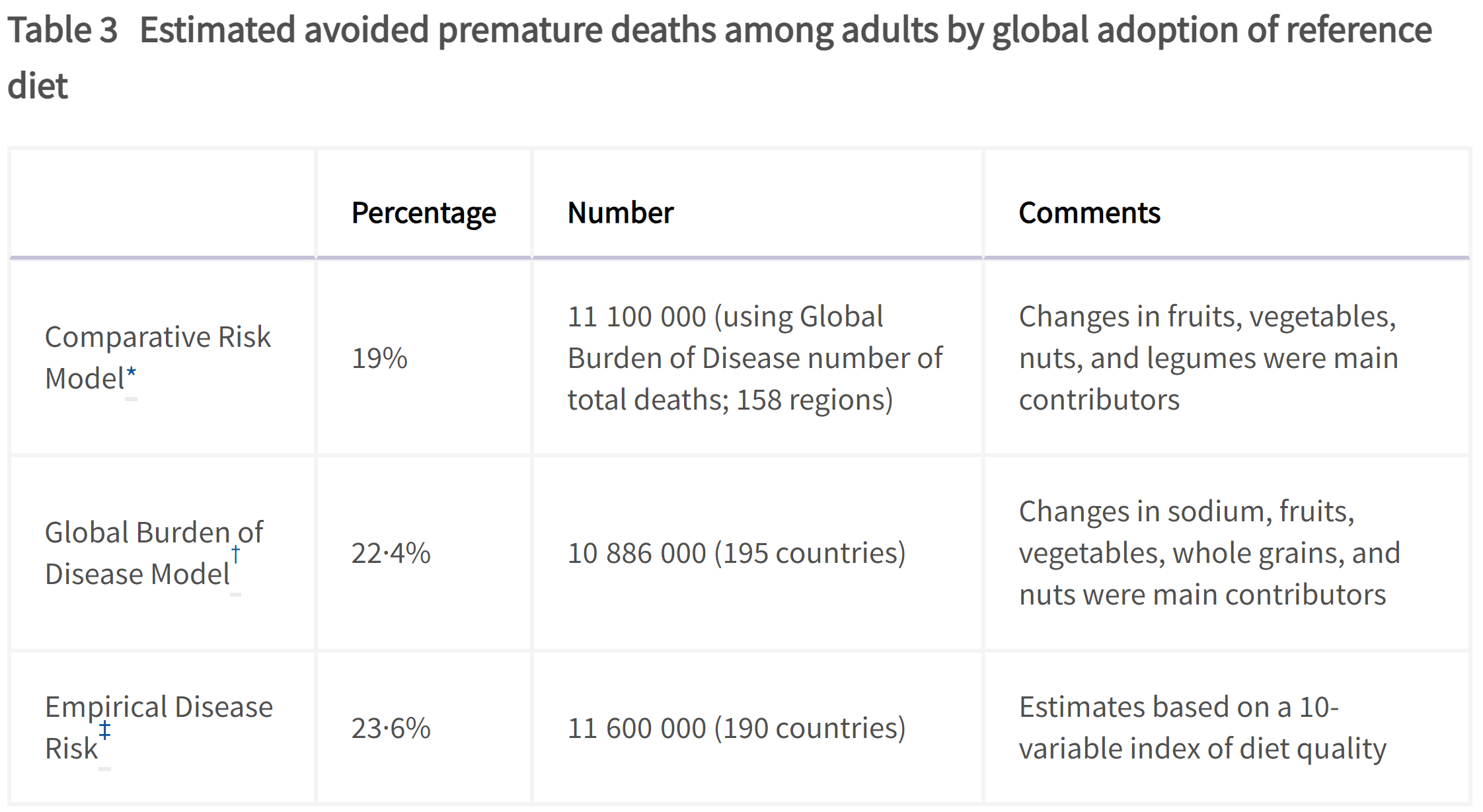We’re pleased to announce that we’ve added a new cause area to our Global Health and Wellbeing portfolio: Global Public Health Policy.
The program will be overseen by Santosh Harish, Chris Smith, and James Snowden. Santosh will lead the majority of grantmaking for the program.
We believe that some of the most important global health problems can be addressed cost-effectively by working with governments to improve policy. Policies like air quality regulations, tobacco and alcohol taxes, and the elimination of leaded gasoline have saved and improved millions of lives.
These policies typically improve public health by addressing risk factors to alleviate the burden of non-communicable disease, which comprises a growing share of the health burden but receives relatively few resources. Policy interventions affect entire populations and are often cost-effective for governments to implement. We think philanthropy can have an outsized impact by helping governments design, implement, and enforce more effective public health policies.
We’ve already made some grants for related work:
- Grants in our South Asian air quality program (which is now part of our Global Public Health Policy program)
- Several grants aimed at reducing lead exposure and excessive alcohol consumption
- Funding for the Centre for Pesticide Suicide Prevention, to support work aimed at reducing deaths from the deliberate ingestion of pesticides
The chart below shows how little funding goes to address our current global public health policy focus areas relative to their estimated burden:
Sources: Institute for Health Metrics and Evaluation; Mew et al. 2017; Open Philanthropy estimates
This program represents a consolidation and expansion of previous grantmaking from both Open Philanthropy and GiveWell (which incubated Open Philanthropy, and still works closely with us).
Open Philanthropy launched a program focused on South Asian air quality in January 2022, led by Santosh Harish. In October 2023, we expanded the scope of the program to include lead exposure, alcohol policy, and suicide prevention, building on a portfolio of grants which were recommended to Open Philanthropy by GiveWell.
These four topics are our current focus, but in the future we may explore other large health burdens addressable through public health policy such as tobacco, asbestos, and exposure to other pollutants.
We believe our grants to date have already resulted in meaningful impact, and we’re very excited for the potential of this new area. For more details, see the area page. And if you’d like to get in touch with us for any reason, please comment here or email info@openphilanthropy.org.





I'm not sure the phone study has the traditional weaknesses as cross-sectional studies. It's a bit more like a panel study where you can track in very fine-grained detail what events are happening and what happens to subjective wellbeing at the time. Because the event data is so fine-grained and there are so many contiguous datapoints, it provides very good evidence of causation. These sorts of studies also give intuitively plausible results for all other events. People don't like work, getting divorced, being unemployed, being widowed; people like sex, seeing their friends etc.
It's true that people opt in, but I don't see any particular reasons to think that this would have a bias towards 'happy drinkers'. The same is true for other life events. Like maybe there is some bias such that people who enjoy sex are more likely to opt in to phone-based subjective wellbeing studies, but I don't think that is what is driving the results.